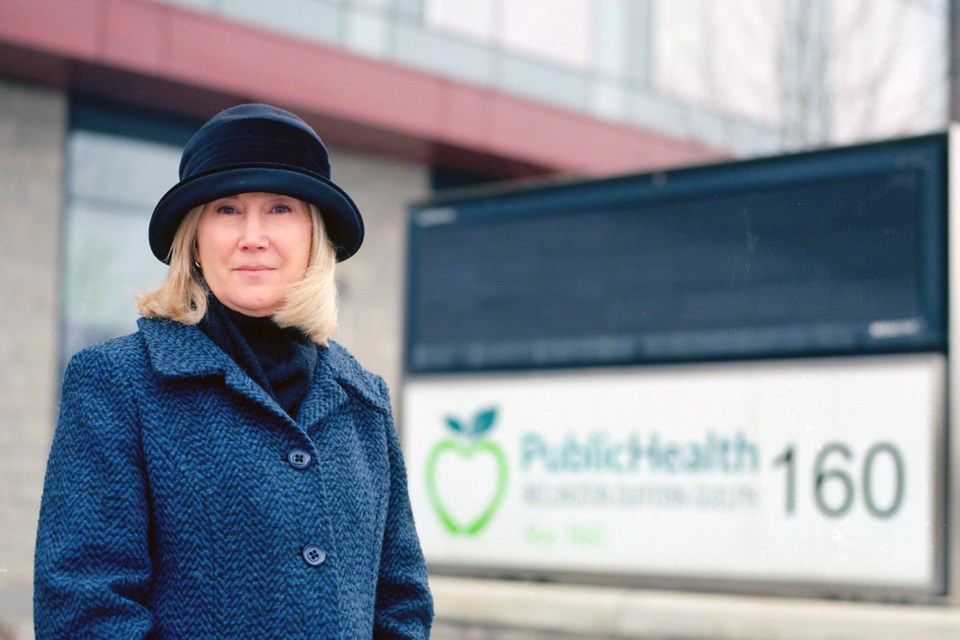The local public health unit says it will not confirm outbreaks in apartment buildings and other residences due to privacy reasons, even as some other health units in the province are issuing notices.
GuelphToday reached out to Wellington-Dufferin-Guelph Public Health last week regarding a possible outbreak at a Downtown Guelph apartment building after receiving a news tip.
Although the person who provided the tip declined an interview request, they told GuelphToday they were concerned for the safety of the people who come and go through that building's 50-plus units as well as residents.
No outbreak has officially been confirmed at the building.
Contacted last week, local medical officer of Health Dr. Nicola Mercer said she would not confirm whether the building, or others in the city, were experiencing an outbreak, citing privacy as the reason.
“There are only so many people who live in that apartment building,” said Mercer. “So we have to be mindful to respect peoples’ privacy.”
Private residences are different than workplaces, said Mercer, and WDG Public Health must weigh the concerns of the community with privacy.
“When we deal with peoples’ private residences and there is no risk to the general community then we don’t usually speak about it,” she said.
That is in contrast to how some other health units are handing outbreak reports. Earlier this month in North Bay, the North Bay Parry Sound District Health Unit confirmed an outbreak in a 130-unit apartment building.
In December, The Middlesex-London Health Unit declared an outbreak in an apartment complex in London.
Speaking generally, Mercer said it is not unexpected that certain communities are disproportionately affected by this pandemic, especially those involving a more vulnerable population.
“Those are the settings that are more risky, so it wouldn’t be surprising, especially when we look at our more vulnerable population in downtown Guelph that we see cases of COVID in those communities that aren’t able to protect themselves with masking or the ability to self-isolate,” said Mercer.
The pandemic is not affecting everyone equally, said Mercer.
Mercer noted it can be more difficult for people experiencing poverty to shelter in place during an outbreak.
“It is very challenging when this is a group of people that don’t have a lot of resources and often have a lot of needs — whether it’s mental health or addictions — those needs are real and that does put them at increased risk,” said Mercer.
WDG Public Health did alert the public to an outbreak last month in the residences at University of Guelph.
GuelphToday has asked WDG Public Health for more general information regarding how it handles outbreak situations and testing for outbreaks in residential apartment buildings, as well as in shelters and other congregate settings, but has not yet received a response.
